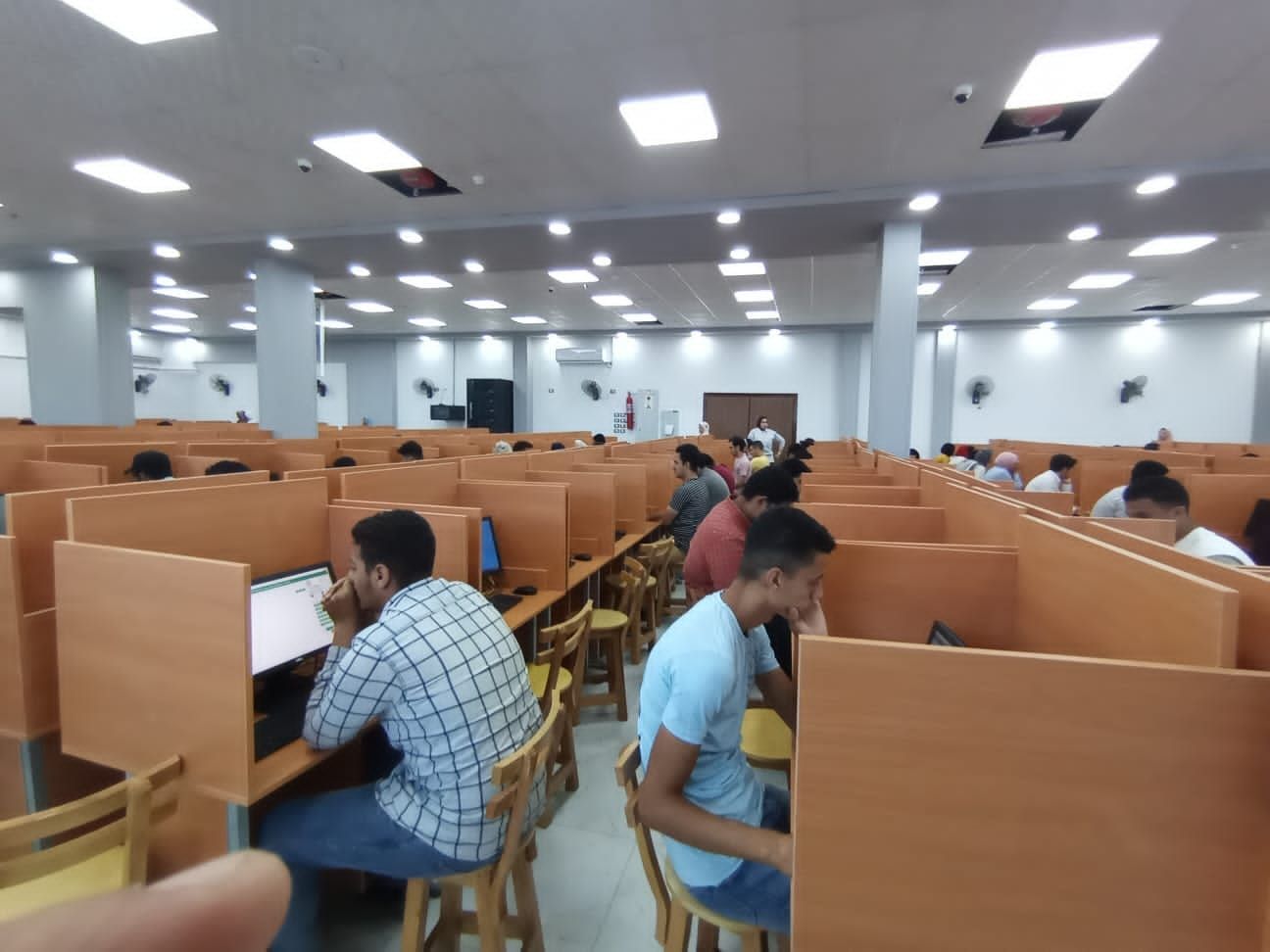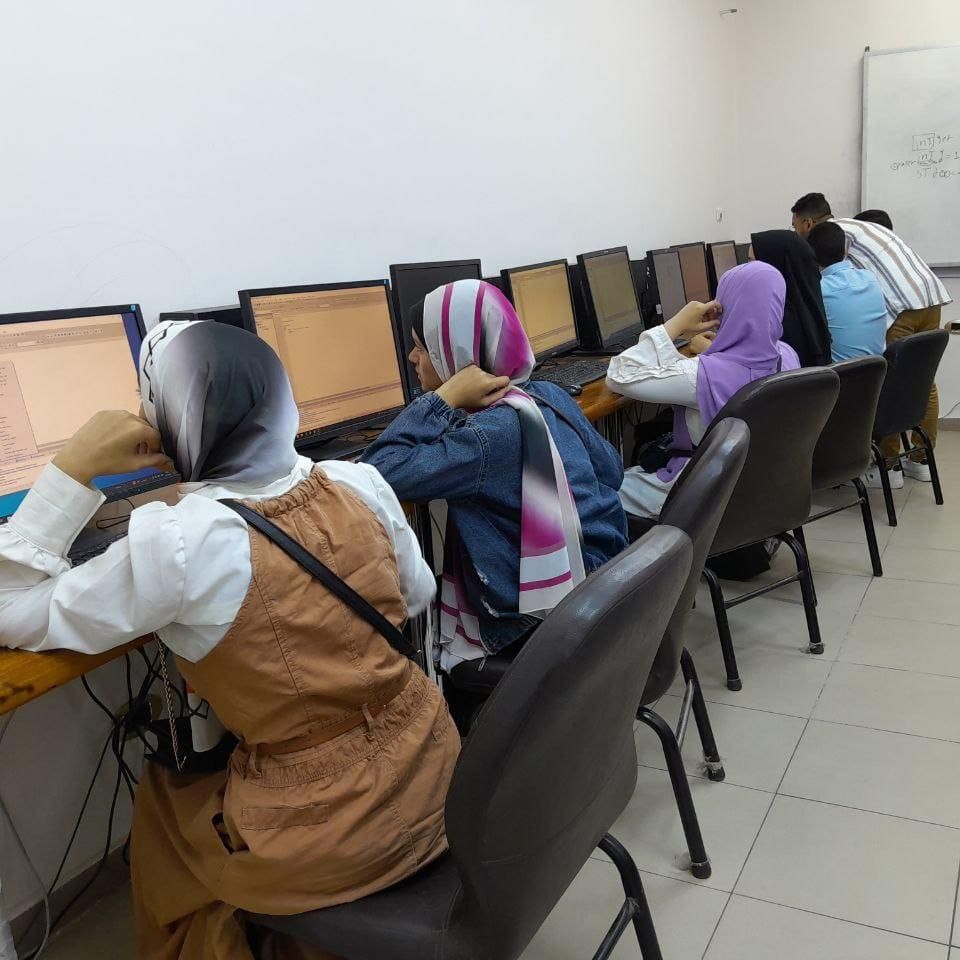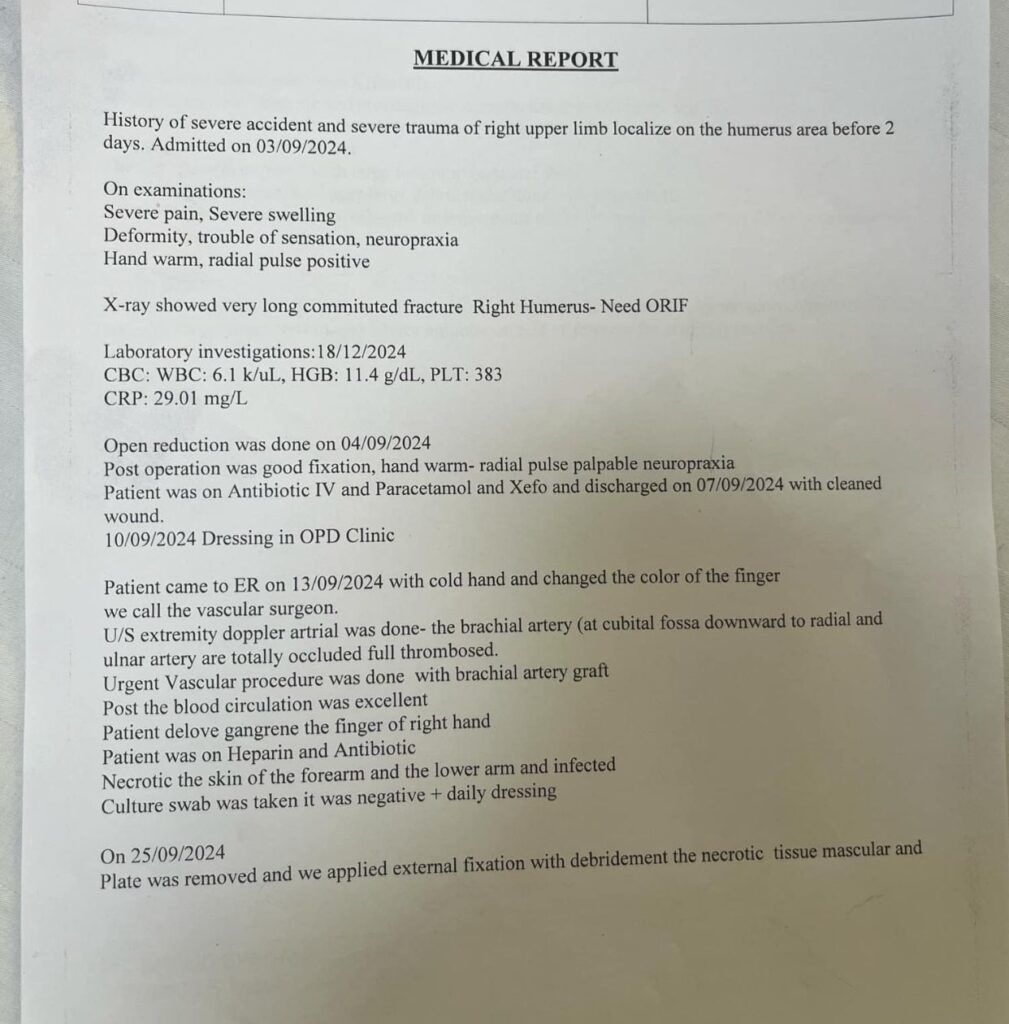Email:info@certifiedtranslationeg.com phone : +201289763369

Introduction to Medical Translation Services
Medical translation services are essential in bridging the communication gap within the healthcare sector, particularly when healthcare providers and patients hail from diverse linguistic backgrounds. These services encompass the translation of medical documents, including patient histories, prescriptions, clinical trial reports, and educational materials, ensuring that vital medical information is conveyed accurately and effectively. With the increase in global interactions and multicultural societies, the role of medical translation has become increasingly significant. It contributes to better healthcare outcomes by facilitating clear and precise communication.
At the core of medical translation services is the need for accuracy. Medical terminology is often complex and requires specialized knowledge. A medical translator must not only possess fluency in the target language but also have a deep understanding of medical concepts and terminologies. This expertise allows medical translators to provide translations that reflect an accurate understanding of the source material, which is of utmost importance for comprehending health-related information. Furthermore, cultural sensitivity plays a critical role in the translation process, as medical interpretations must be suitable and respectful of the cultural contexts of the patients involved.
The significance of medical translation services extends beyond technical accuracy; it also enhances the patient experience. Patients need to fully understand the instructions and information provided to them for proper treatment and care. A skilled medical interpreter can thereby help build trust and rapport between healthcare professionals and patients, which is crucial for effective treatment. Moreover, when healthcare facilities offer medical translation online, they provide immediate assistance to patients, impacting their overall healthcare journey positively. As such, the role of medical translation services proves invaluable in ensuring health equity and access across language barriers.
Why Medical Translation is Essential in Healthcare
In today’s global health landscape, the need for accurate and reliable medical translation has never been more pronounced. As healthcare increasingly transcends borders, effective communication is paramount. Different cultures and languages converge in facilities, making the availability of competent medical interpreters and translators essential in facilitating proper medical care. Misinterpretations can lead to dire consequences, from incorrect treatment plans to misdiagnoses, underscoring the significance of professional medical translation services.
Moreover, the rise in medical tourism has expanded the focus on the necessity of understanding medical documentation, consultations, and instructions in various languages. Patients seeking treatment in foreign countries often face language barriers that could hinder their access to quality care. Medical translation online ensures that potential patients have a clear understanding of their health conditions, treatment options, and the associated risks, thereby enhancing their overall experience and safety during their medical journey. When patients are well-informed, they can make better decisions regarding their health, which in turn fosters healthier outcomes.
Another critical aspect of medical translation is its role in safeguarding patient safety. It is imperative for non-native speakers to receive precise medical information, whether it concerns prescriptions, medical procedures, or follow-up care instructions. A qualified medical translator possesses not only linguistic skills but also an understanding of medical terminology, ensuring that all communications are conveyed clearly and accurately. This particular expertise minimizes the risks associated with language barriers and improves patient-provider relationships, which are essential for ensuring quality care.
In conclusion, the increasing complexity of global healthcare necessitates a robust framework of medical translation services to ensure effective communication. This fosters safe, effective, and patient-centered care across diverse populations, in alignment with the globalized nature of modern health systems.

Types of Documents That Require Medical Translation
Medical translation plays a vital role in the healthcare industry by ensuring accurate communication across various languages. A wide range of documents requires specialized translation, each serving a critical function in patient care, medical research, and regulatory compliance.
One significant category includes clinical trial documents. These documents, such as protocols, consent forms, and case report forms, are essential for conducting research that complies with ethical and regulatory standards. A precise medical translation of these documents is crucial, as inaccuracies can lead to misunderstandings, jeopardizing patient safety and data integrity.
Patient records, including medical histories and treatment plans, also necessitate thorough translation. In situations where patients seek treatment in a foreign country or are part of multinational clinical trials, having accurate medical translation ensures healthcare providers can deliver the necessary care based on a complete understanding of the patient’s medical background.
Another important area involves medical device instructions. These documents instruct users—both healthcare professionals and patients—on how to use devices safely and effectively. Misinterpretation due to poorly translated user guides can result in improper usage and potentially dangerous outcomes.
Pharmaceutical product information, encompassing labels, patient information leaflets, and package inserts, requires exact translation as well. These documents provide critical information regarding dosages, side effects, and contraindications. A mistranslation here could have serious health implications for patients relying on accurate information for safe medication usage.
Lastly, informed consent forms are pivotal in the medical field. These documents ensure that patients understand the risks and benefits of medical procedures before agreeing to them. Accurate medical translation of these forms is essential to guarantee that patients are fully aware of what they are consenting to, emphasizing the necessity for skilled medical translators or interpreters in this context.
Challenges in Medical Translation
The field of medical translation is fraught with unique challenges that necessitate a skilled and knowledgeable approach. One of the primary difficulties is the complex terminology inherent in the medical field. Medical texts often contain specialized language that requires more than mere translation skills; it demands a comprehensive understanding of medical concepts and terminology. A medical translator must be well-versed in both the source and target languages, as well as the medical field itself, to provide accurate translations.

In addition to terminology, cultural nuances present another layer of complexity in the medical translation. Different cultures may have varying interpretations of medical practices, terminologies, and health-related concepts. A direct translation may not only be insufficient but could also lead to misunderstandings or inaccuracies. Medical interpreters must navigate these cultural perspectives, ensuring that the translated content is contextually relevant to the target audience. Without this careful consideration, important details may be lost or misconstrued.
Mistranslation in a healthcare context can have serious implications. Errors can lead to patient harm, misdiagnoses, improper treatment protocols, and even legal ramifications. Consequently, it highlights the critical need for utilizing qualified medical translators who are trained to handle such sensitive content. These professionals not only translate the words but also convey the underlying meanings and intentions, ensuring compliance with legal regulations. Engaging with expert medical translation services helps mitigate the risks associated with mistranslation, ultimately safeguarding patient health and wellbeing.
Therefore, addressing these unique challenges requires a strategic approach that prioritizes accuracy, cultural competency, and professional expertise in medical translation. The healthcare system’s reliance on effective communication across languages underscores the vital role of skilled medical translators and interpreters in today’s global health landscape.
Overview of Competitors in the Medical Translation Industry
The medical translation services industry is characterized by a diverse range of competitors, each offering unique advantages tailored to the specific needs of healthcare providers, pharmaceutical companies, and medical researchers. Among these competitors, some of the leading firms have established themselves as industry frontrunners by leveraging localized expertise and advanced translation technologies.
One prominent competitor in the sector is LanguageLine Solutions, which is known for its comprehensive services that integrate medical translation and interpretation. Their strength lies in the ability to provide instant access to qualified medical interpreters and translators who can manage complex terminology and contexts. This capability is crucial for ensuring accuracy when translating sensitive medical documents.
Another notable player is TransPerfect, which has developed a robust infrastructure for delivering high-quality medical translation on line. Their platform allows clients to submit documents for translation quickly, while their team of medical translators is certified translation and trained in specific fields of healthcare. This specialization ensures that the translations meet regulatory standards and keep pace with the rapidly evolving healthcare landscape.
Additionally, SDL Medical differentiates itself through its focus on technology-driven solutions. They utilize artificial intelligence and machine learning to streamline the translation process, significantly improving turnaround times for medical documents without compromising quality. SDL Medical’s innovative approach allows clients to manage large volumes of material efficiently, which is particularly beneficial in clinical trial scenarios.
Each of these competitors brings unique services to the table, emphasizing their strengths in delivering accurate and timely medical translations. Healthcare organizations must consider these differentiators when selecting a medical translator or interpreter to ensure that their specific needs are met, fostering better communication and understanding in the global health landscape.
Evaluating Medical Translation Service Providers
When selecting a provider for medical translation services, it is essential to consider several key criteria to ensure the quality and reliability of the translations produced. One of the first factors to evaluate is certification. A reputable medical translation service should have the necessary certifications to guarantee accuracy and compliance with industry standards. Certifications from recognized bodies indicate that the service provider adheres to rigorous quality control procedures and understands the intricacies of medical languages.
Another significant aspect is the expertise of the medical translator or medical interpreter. It is crucial that the individuals involved in the translation process possess a solid understanding of the specific medical field relevant to the documents being translated. For example, translating clinical research documents requires a different skill set than translating patient consent forms. Thus, assessing the provider’s specialization can ensure that complex medical terminology is accurately interpreted and translated.
Technology has also transformed the landscape of medical translation services. Providers utilizing advanced translation software and terminology management tools are often able to deliver faster and more accurate translations. Understanding the technology employed by potential service providers can help healthcare institutions choose those that are committed to innovation and efficiency.
Additionally, client testimonials and case studies can offer insight into the provider’s previous performance and reliability. Feedback from other healthcare institutions can highlight strengths and weaknesses, providing valuable information for decision-making. Finally, it’s vital to evaluate the range of services offered. A comprehensive medical translation service provider should offer a variety of solutions, including document translation, interpretation, and localization services, to meet diverse healthcare requirements.
Technology’s Role in Medical Translation
The rapid advancement of technology has significantly transformed the landscape of medical translation services. One of the most notable developments is the emergence of sophisticated translation software that supports various languages and dialects. These tools enable medical translators to enhance their efficiency, allowing them to manage larger volumes of material without sacrificing quality. Utilizing technology not only streamlines the translation process but also reduces the likelihood of errors, which is crucial in the medical field where inaccuracies can have serious consequences.
Artificial intelligence (AI) and machine learning represent another leap forward in ensuring translation accuracy. These technologies learn from vast datasets and can provide contextually appropriate translations that a human translator might overlook. When combined with expert knowledge from qualified medical translators, AI-driven tools can produce high-quality translations that facilitate effective communication among healthcare providers and patients across diverse linguistic backgrounds.
The rise of telehealth has created an increasing demand for reliable medical translators and interpreters who can provide real-time language support during remote consultations. This trend underscores the necessity of incorporating translation services into telehealth platforms to ensure that patients receive accurate information and care, regardless of language barriers. Medical interpreters play a vital role here, as they help bridge the communication gap between healthcare practitioners and patients, thereby enhancing the overall quality of care.
Integrating technology into medical translation workflows offers numerous benefits, such as increased efficiency, enhanced accuracy, and the capacity to meet the growing demands of global healthcare. By adopting advanced translation software and AI technologies, medical translation services can respond more effectively to the complexities of modern healthcare delivery, ensuring that language is no longer a barrier to receiving essential medical services.
Future Trends in Medical Translation Services
As the global healthcare landscape continues to evolve, the demand for comprehensive medical translation services is increasing exponentially. This trend is propelled by the need for accurate communication in multi-lingual environments, particularly as healthcare providers cater to diverse patient populations. In the coming years, the industry is expected to witness significant advancements, particularly in real-time translation capabilities.
The integration of advanced technologies will play a crucial role in the evolution of medical translation services. Particularly, the use of artificial intelligence (AI) and machine learning will enhance the efficiency and accuracy of translations. AI-driven tools can facilitate faster medical translations by processing vast amounts of medical texts and ensuring terminological consistency. These tools will enable medical translators to focus more on nuanced aspects of translation, providing high-quality output while minimizing human error.
Another emerging trend is the shift toward personalized translation services. Patients are increasingly demanding translations tailored to their individual needs, including specific medical conditions, treatment plans, and cultural sensitivities. Medical interpreters and translators are adapting to these demands by offering bespoke services that account for a patient’s background, leading to improved patient outcomes and satisfaction. This shift underscores the importance of cultural competence in medical translation, ensuring that messages are not only translated but also culturally relevant.
Healthcare providers can anticipate a more interconnected system where real-time medical translation services will become commonplace, facilitated by telemedicine and remote patient consultations. This evolution necessitates ongoing training for medical translators and interpreters to stay abreast of technological advancements and medical terminology. In navigating these changes, stakeholders in the healthcare sector will be better equipped to provide effective care to patients from diverse linguistic backgrounds.
Conclusion
In the increasingly globalized healthcare environment, the role of quality in medical translation services cannot be overstated. These services are critical in bridging language gaps, thereby facilitating effective communication between healthcare providers and patients from diverse linguistic backgrounds. A reliable medical translator ensures that vital health information is accurately conveyed, which is essential for informed patient decisions and compliance with medical protocols.
The implications of substandard medical translation are profound, potentially leading to misunderstandings, misdiagnoses, or improper treatment plans. Thus, employing qualified medical interpreters and professional translation services is paramount for patient safety. Medical translation on line has emerged as a convenient avenue for obtaining these essential services, though it is crucial to ensure that the providers meet stringent quality standards. As healthcare becomes more internationalized, the demand for experienced medical translators who can navigate the complexities of medical terminologies and cultural nuances continues to rise.
Moreover, medical translation service providers bear the responsibility of maintaining compliance with healthcare regulations and standards across various jurisdictions. Adhering to these regulations not only assures that the translation services are upheld to the highest professional standards but also protects the integrity of patient care. Equally, healthcare professionals must remain informed about the importance of employing certified medical translators and interpreters to achieve optimal communication outcomes.
In conclusion, the importance of high-quality medical translation services in enhancing patient care and safety cannot be underestimated. A commitment to excellence in medical translation ensures that healthcare systems operate effectively and that patients receive the best possible care, irrespective of their language. Continual focus on training and compliance will empower medical translation service providers to meet the evolving needs of the global healthcare landscape.